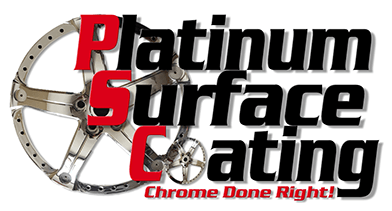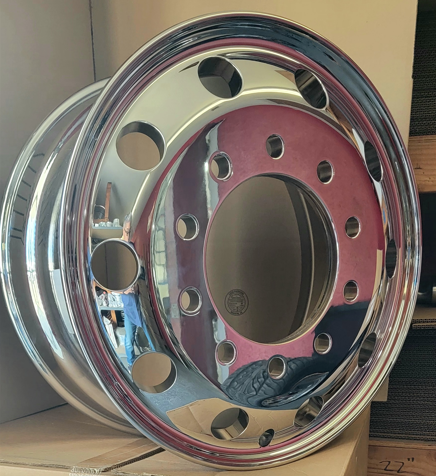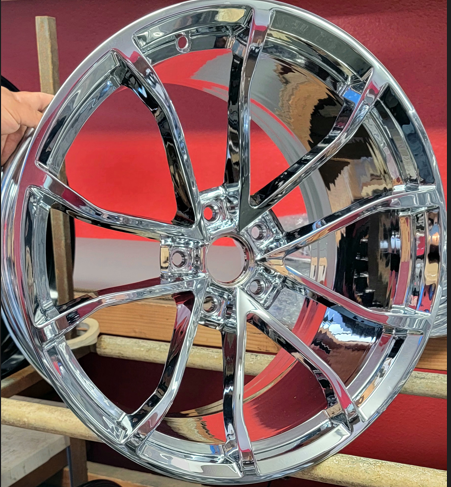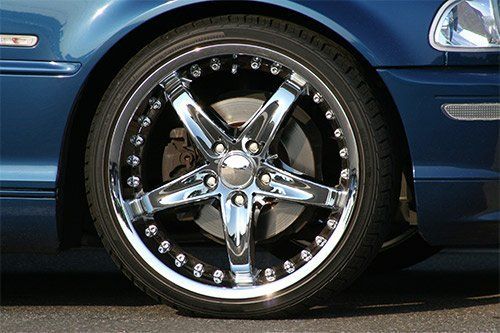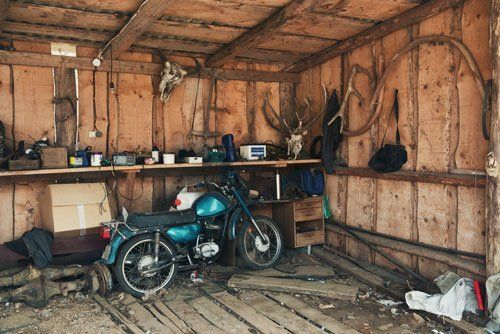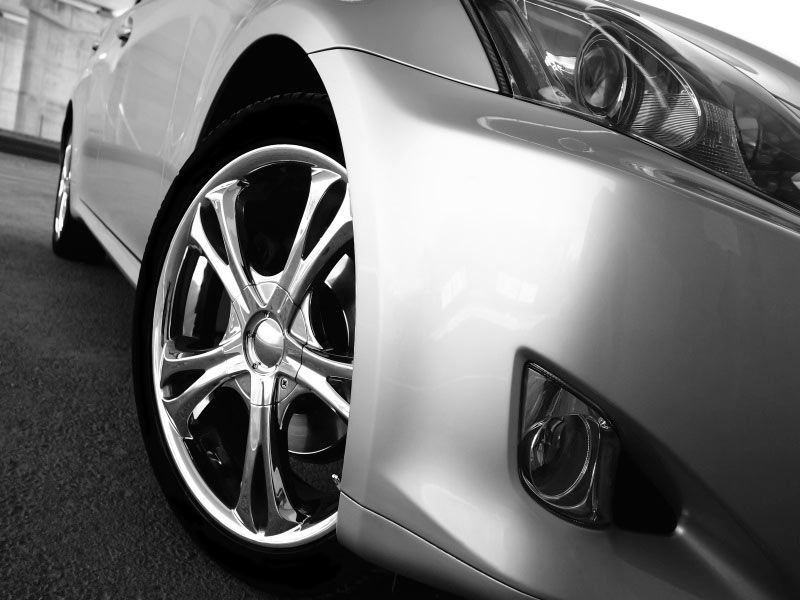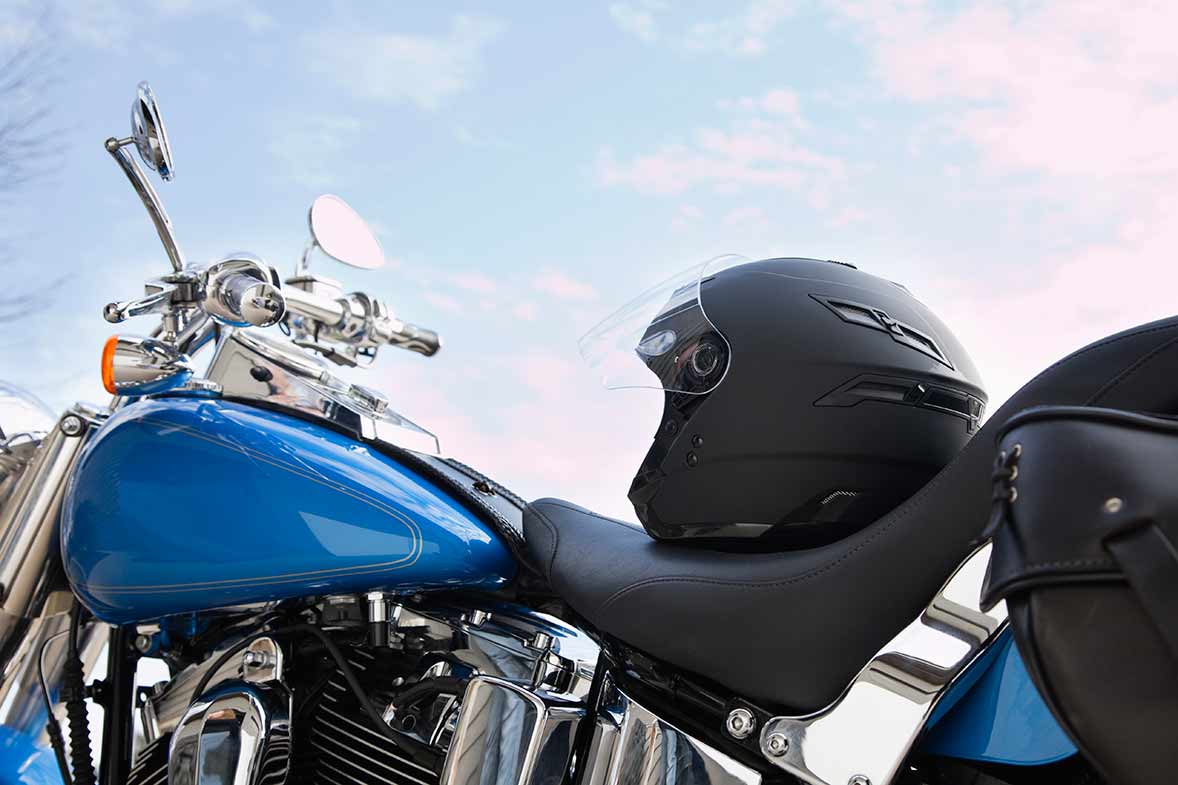Blog Layout
Understanding Wheel Corrosion and Ways to Prevent It
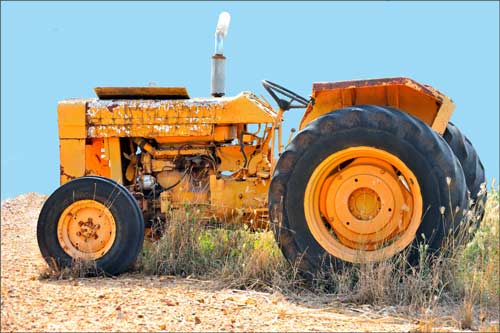
Many people value the aesthetic value of wheels, but wheels also play an important role in aiding the vehicle's mobility. Wheels endure extreme conditions including rough terrain, heat, cold, and intense friction and are therefore prone to corrosion. Understanding corrosion can help you take care of your wheels better and maintain a good-looking vehicle.
Knowing Cost of Vehicle Corrosion
Corrosion, also known as oxidation, occurs when iron, oxygen, and moisture interact through an electrochemical reaction, resulting in rust. Rust can proliferate when metal is exposed to weather elements and chemicals. Oxygen and water can easily corrode the rim and wheel and accelerate wear and tear of the vehicle's tire.
Rust particles may also clog valves in the wheel and transmission system, resulting in potentially costly damage.
In the US, drivers spend up to $3 billion each year to repair rust-induced damages with each repair incident costing up to $500. The cost of repairing more than one corroded wheel can add up quickly.
Knowing Types of Wheels
The type of material that wheel contractors build wheels from affects its proneness to corrosion. The two main wheel types are steel and aluminum alloy.
Steel
Steel wheels are basic, inexpensive, and are mostly in low-budget vehicles. Steel rims are, however, heavier and more prone to oxidation.
Aluminum
Most cars come with aluminum alloy wheels or a mixture of aluminum and magnesium wheels. Aluminum is more resistant to oxidation but reacts adversely to iron.
Determining Causes of Wheel Corrosion
Common causes of wheel corrosion include pitting, iron contamination, and cleansers.
Pitting
Steel and alloy wheels can succumb to corrosion when the factory clear coat peels off. Weather elements and curb damage can compromise the clear coat, exposing the underlying metal to air and water. This causes pitting, which can diminish the look of the wheels and cause tire leaks.
Iron Contamination
Iron contamination from the braking pad can cause corrosion in aluminum alloy and steel wheels. When the braking pad and the brake disc interact, this generates heat that gradually wears off the pad.
The disintegrating braking pad throws off hot deposits that end up sticking on the rim. These metal and resin particles can significantly affect the look and life of your alloy rims.
Ideally, you should have a professional remove the iron deposits off your wheels regularly to avoid severe pitting. If left unmanaged, extreme pitting would require a wheel-refinishing job to restore the luster of your wheels.
Cleansers
While many people use acid-based cleansers to clean their vehicle wheels, the cleansers can strip away the factory clear coat when left on the wheel for an extended period, resulting in oxidation. Therefore, you should consult a professional.
Caring for Your Wheels
To slow down corrosion, be sure to properly clean, polish, and plate your wheels.
Cleaning
Clean your wheels regularly to prevent iron contamination or accumulation of brake dust. Use a pH balanced cleanser that will not strip away the wheel's clear coating.
Polishing
After thoroughly cleaning your wheels, select a polish that is suitable for your specific wheels. A good polish will minimize the appearance of scratches and increase shine.
Plating
Consider having a professional electroplate your wheels using common plating metals such as chrome, zinc, nickel, and others. Plating adds to your wheel's aesthetic value and minimizes the effects of oxidation.
Corrosion-related damage to your vehicle can be costly. Preventative measures such as plating, painting, and finishing may seem like additional expenses, but these measures are worth the cost in the end.
At Platinum Surface Coating, we have the experience, expertise, and tools to spruce up your wheels with innovative chrome plating and metal polishing techniques. Get in touch with us today to learn more about our services.
Share
Tweet
Share
Mail
COVID-19 HOURS
- Mon - Sat
- -
- Sunday
- Closed
Content, including images, displayed on this website is protected by copyright laws. Downloading, republication, retransmission or reproduction of content on this website is strictly prohibited. Terms of Use
| Privacy Policy
